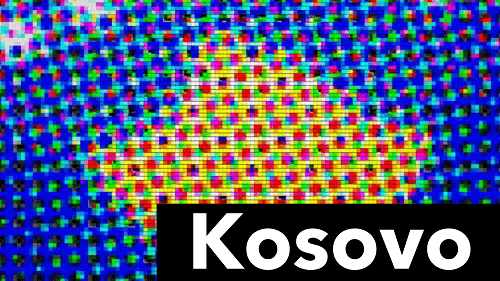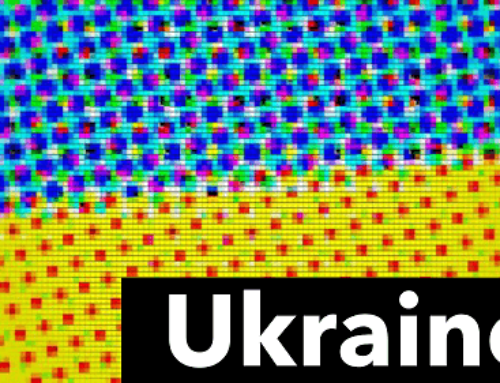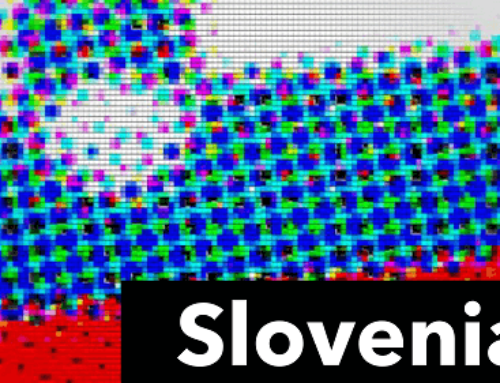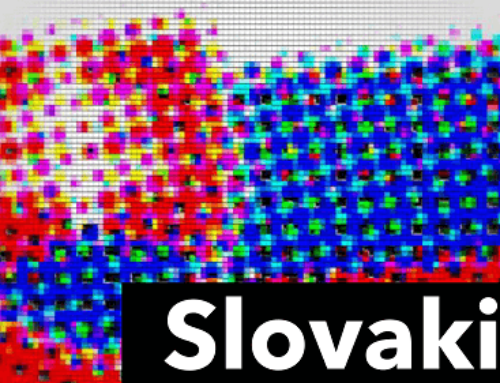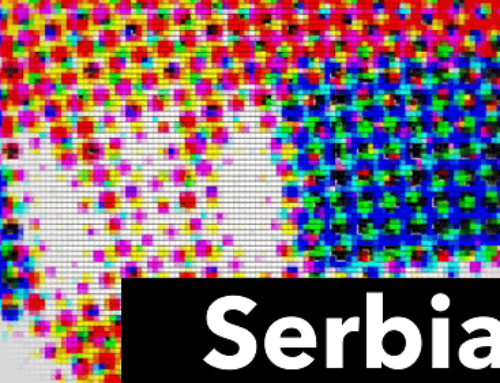Kosovo is considered the youngest country in Europe due to its independence in 2008. A state that had (has) a particularly difficult start and is still not recognized by some countries. Nevertheless, the small country is home to around two million inhabitants and, despite its special history, has established a stable political system. [1]
Independent state
As a former part of Serbia, Kosovo was one of the six constituent republics in Yugoslavia until it collapsed. The autonomous region in Serbia developed relatively early and there occurred a phase of autonomy and modernization – including the desire to split up the Republic of Yugoslavia. In 1988, however, the Serbian police decided to restrict them again and advanced towards Kosovo. Despite strong demonstrations, autonomy was completely abolished by the Serbian leadership in 1990. There were uprisings and conflicts which were supposed to lead to a withdrawal of Serbian security forces. After the deployment of a NATO peacekeeping force in 1999, a UN resolution was set up to finally control these military conflicts. It functioned as the supervisory administrative commission in the country. The following years were marked by riots between Kosovar Albanian groups and Serb minorities. In 2007, the UN mediator stationed in Kosovo proposed the country’s independence. Despite opposition from the Serbian government, Kosovo declared itself an independent state in 2008. A constitution was established that constitutes Kosovo as a self-contained multi-ethnic society, where the official languages are Albanian and Serbian. To date, only 115 of the 193 member states of the United Nations have recognized the Republic of Kosovo as such. [2]
Current politics
The NATO security force (KFOR for short) is still stationed in the country alongside the OSCE to promote democracy and the protection of minorities and human rights. Nevertheless, the President is considered a representative both internally and externally. He is elected by Parliament in a secret ballot for five years. He not only sets guidelines for foreign policy, but also participates in legislation and invites the Prime Minister to form a government on the recommendation of the Parliament. Vjosa Osmani from the Citizen List party has been President of Kosovo since 2021. The one-chamber Parliament has a total of 120 seats, 20 of which are reserved for national minorities. The legislative period is four years. The first parliamentary elections in Kosovo were held in 2010, resulting in a coalition between the Democratic Party (PDK) and the Democratic League (LDK). In 2021, however, the left-wing nationalist party Lëvizja Vetëvendosj won the parliamentary elections. [3]
Economy & international relations
In the economic sector, Kosovo deals with problems concerning the migration of workers (leading to staff shortages) and high unemployment. It is not only a young state in terms of its history, but also has a very young population. That is why Kosovo is fighting with youth unemployment, which is currently even at 50%. Measured by GDP, it is one of the poorest countries in Europe – 17% of the population lives below the poverty line. [4]
Another challenge for the country’s foreign policy is its international recognition. Nevertheless, Kosovo is a member of some international agreements, e.g., IMF and European Bank for Reconstruction and Development. Since 2016 it has also been in the EU stabilization agreement, which intends to stabilize the situation between Kosovo and Serbia in general. Accession to Europol and UNSECO has so far been prevented by Serbia. [5]
Christine Tapler

